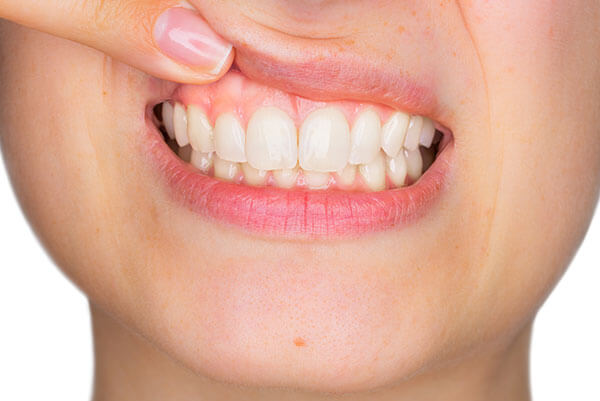Routine dental cleanings and checkups are an important component of any preventive dental care plan and are one of the most important things you can do to safeguard your long-term oral health. Regular dental checkups enables us to detect dental health problems while they are still in the early stages. This will save you the time, expense and pain associated with serious dental issues. Don’t wait for something to hurt before you see your dentist. By that time, the problem is usually more complex to treat.
Preventive Care
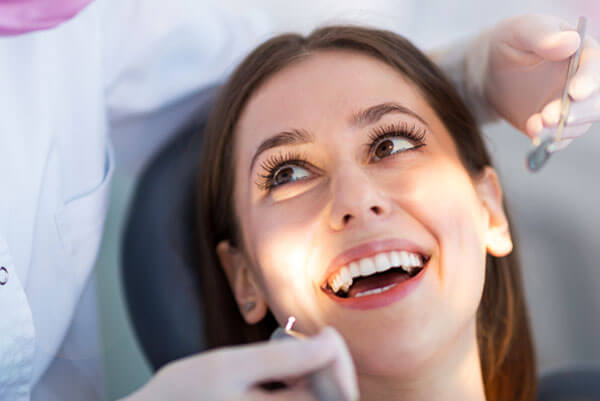
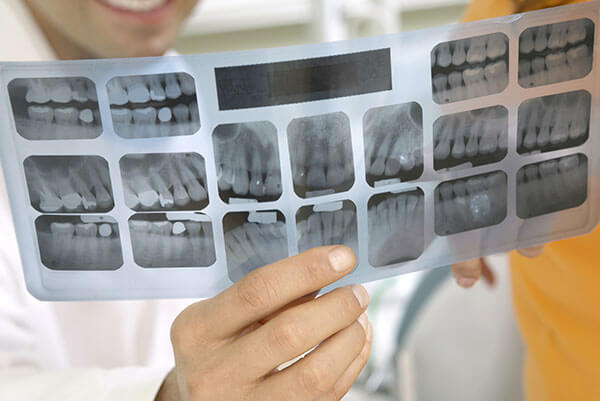
Checkups & Xrays
During your regular dental exams one of our experienced dentists will carefully examine your entire mouth to check for signs of any problems such as decay, infection, periodontal (gum) disease and oral cancer. Your routine dental examinations may also include dental X-rays, when needed. We will also take this important time to educate you about oral hygiene and to encourage home care that will promote a lifetime of good oral health.
We recommend 6 monthly checkups to ensure your ongoing oral health. A routine checkup includes an examination and scaling & polishing. Your dentist will examine the health of teeth and soft tissue, including gums, lips and cheeks. A professional dental cleaning (scale and polish) removes the bacteria and plague. Over time plaque absorbs minerals in the saliva to form hardened deposits known as calculus or tartar. When left untreated the bacteria will eventually cause a number of common dental problems such as dental cavities in your teeth and gum problems, which in turn can lead to gum disease.
During your visit for preventive care your dentist may recommend an X-ray. X-rays (or radiographs) are an essential diagnostic tool, providing valuable information on what can’t be seen with the naked eye under the gums, under fillings, and in between the teeth, such as hidden dental structures, malignant or benign masses, bone loss, and cavities.
Modern digital imaging limits radiation exposure to about the same as you experience in a normal day from environmental radiation. A routine exam which may include 2 bitewings is about 0.0025 mSv, which is less than one day of natural background radiation. It is also less than the amount of radiation exposure from a short (1 – 2 hour) flight on an airplane.
Fissure Sealants
Dental sealants have been described as the ‘biggest advance in preventive dentistry since fluoride’. The sealant fills the deep pits and grooves on the chewing surfaces of teeth where plaque-causing bacteria hide so that they have no chance of causing decay.
Dental sealants have been described as the ‘biggest advance in preventive dentistry since fluoride’. The sealant fills the deep pits and grooves on the chewing surfaces of teeth where plaque-causing bacteria hide so that they have no chance of causing decay. Back teeth in particular are more susceptible, and depending on how deep the pits and grooves are, these areas can be difficult to clean with a tooth brush – no matter how hard you try.
Application of the dental sealant is a simple painless procedure and absolutely no “drilling” is required. The sealant is hardened with a fibre-optic light and forms a protective coating over the tooth. Sealants are most effective if applied as soon as practical after the eruption of the teeth and early application ensures the pits and grooves are protected before decay can begin. They cause no obstruction to flossing and do not inhibit the normal development of the teeth in any way.
Dental sealants play an important role in the prevention of tooth decay. However because they can only be applied to the chewing surfaces and not in between teeth, it is still most important to maintain an effective oral hygiene program of brushing at least twice and flossing once every day, together with regular visits to your dentist for check-ups.
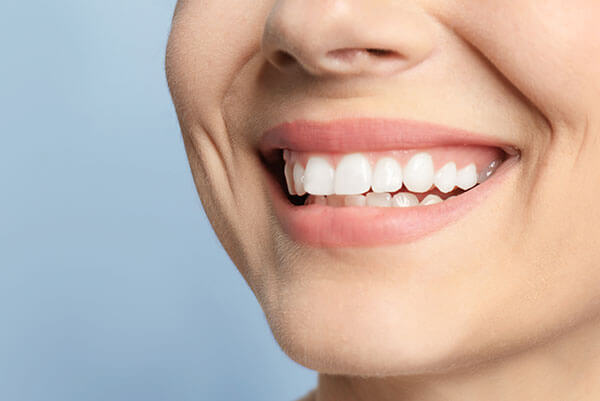
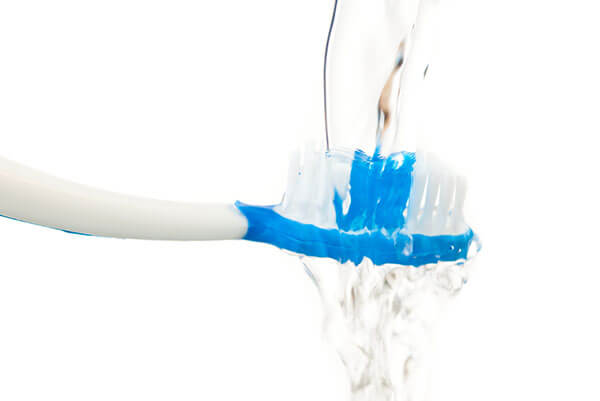
Fluoride
The dentist may recommend the application of topical fluoride. Fluoride is important for prevention of tooth decay. It is estimated that water fluoridation reduces tooth decay by 20-40%. In Singapore, the fluoridation of the water is at optimal standard.
The dentist may recommend the application of topical fluoride. Fluoride is important for prevention of tooth decay. It is estimated that water fluoridation reduces tooth decay by 20-40%. When ingested it is incorporated into the structure of the developing teeth, and it prevents the acid produced by the bacteria in plaque from dissolving tooth enamel. It also helps to repair the early stages of tooth decay even before the decay becomes visible.
Gum Care
Gingivitis is a common problem. It refers to inflammation of the gums, and this can lead to bleeding when brushing or flossing. Periodontal disease is a bacterial infection caused by plaque (a thick and sticky film of bacteria that builds up on the teeth) and tartar build-up around the roots of the teeth.
Gingivitis is a common problem. It means inflammation of the gums which can lead to bleeding when brushing or flossing. Periodontal disease is a bacterial infection caused by plaque (a thick and sticky film of bacteria that builds up on the teeth) and tartar build-up around the roots of the teeth. This may eventually lead to loss of the bone structure that supports them. If teeth have not been cleaned thoroughly or often enough, gum disease is the invariable result.
Signs of gum (periodontal) disease:
- Red, swollen, tender, painful or bleeding gums
- Gums that have shrunk from the teeth
- Persistent bad breath
- A bad taste in the mouth
- Abscesses between teeth and gums
- The fit of denture has changed and/or
- Loose teeth; drifting apart of teeth with gaps appearing between teeth
